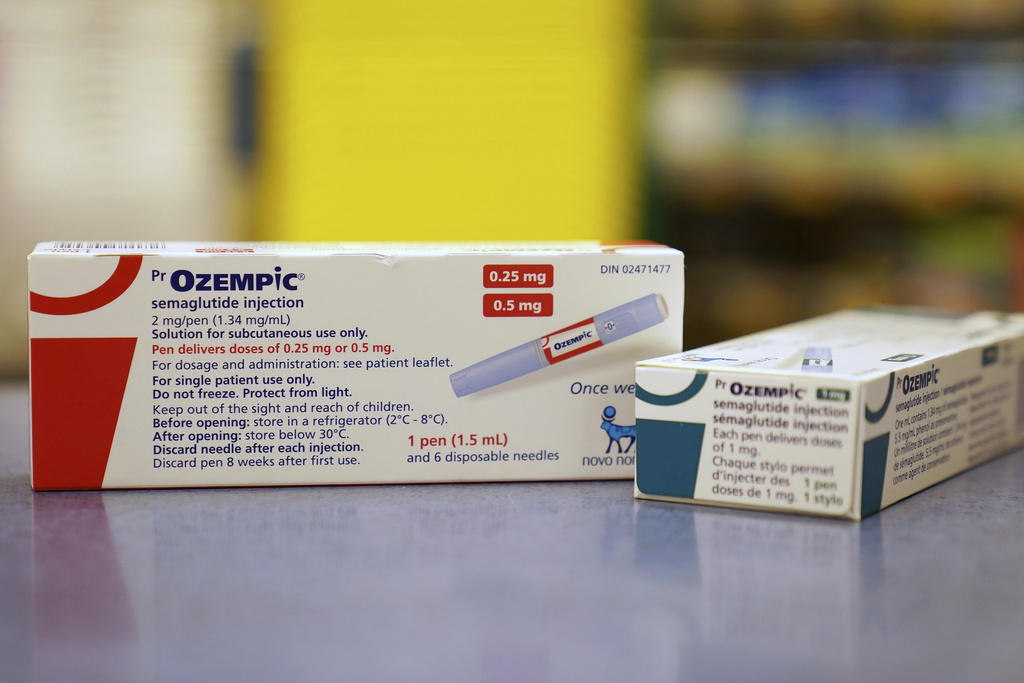A scientist involved in the development of the drug Ozempic has shed light on its effects, stating that it takes the pleasure out of eating and makes life “miserably boring,” leading to a high discontinuation rate among users. Jens Juul Holst, who discovered the hormone mimicked by Ozempic, warned that this loss of interest in food is the “price to pay” for using the drug, with most patients ceasing usage within two years.
Ozempic is designed to mimic the action of the GLP-1 hormone, which regulates appetite and makes individuals feel constantly full, reducing their desire to eat. A 2020 study monitoring diabetic patients taking a similar medication to Ozempic found that 70 percent of them stopped using the drug, primarily due to a lack of interest in food.
In an interview with Wired, Dr. Holst explained, “So, you don’t eat through [taking the drug] because you’ve lost interest in food. That may eventually be a problem, that once you’ve been on this for a year or two, life is so miserably boring that you can’t stand it any longer, and you have to go back to your old life.”
Ozempic and its counterpart Wegovy have gained immense popularity in the United States, with prescriptions increasing by over 2,000 percent in three years. However, Dr. Holst emphasized that the drug alone cannot solve America’s obesity crisis and that patients also need guidance on healthy lifestyles and diets.
He added, “What happens is that you lose your appetite and also the pleasure of eating [when you’re on the drug]. So, I think there’s a price to be paid when you do that. If you like food, then that pleasure is gone. The craving for food for some people is taken away when they take GLP-1 drugs.”
Regarding the high discontinuation rate, Dr. Holst highlighted the loss of pleasure from food as a major driving force, leaving individuals uninterested in continuing the treatment. He also expressed skepticism about the idea that a significant portion of the population would be on Wegovy or similar drugs for the rest of their lives, citing the lack of such a trend with other GLP-1 drugs.
Dr. Holst’s team discovered the GLP-1 hormone while studying stomach ulcers in the 1970s. The hormone is secreted by intestinal cells in response to food consumption and plays a role in regulating blood sugar levels. Although he has worked with Novo Nordisk, the company that owns Ozempic, Dr. Holst stated that he has never received any financial compensation for his involvement in the development of the drug.
While studies have shown significant weight loss among Ozempic users, up to 15 percent of body weight in a year and four months, separate research has indicated that weight regain occurs quickly after discontinuation of the drug. A study conducted by the University of Liverpool involving 336 people found that users lost 18 percent of their body weight in 68 weeks but regained about two-thirds of the lost weight within the year after quitting the medication.
Experts suggest that Ozempic would need to be a lifelong commitment for patients to maintain weight loss, likening it to the management of other chronic conditions like high blood pressure or high cholesterol.
(YWN World Headquarters – NYC)












3 Responses
I’m on it for about a half year the results out ways the side effects I wish it would just be cheaper to buy but I’m not planning to go off it this is by far one of the best meds for wight loss that I came across
It’s a liftetime commitment to have this weekly jab sice it reverts back upon cessation. I understand self control is not easy, but not sure this is the way.
Great medication! What ” pleasure of eating”?? It helps decrease appetite so people aren’t hungry all the time, which is the feeling driving so many fat people.